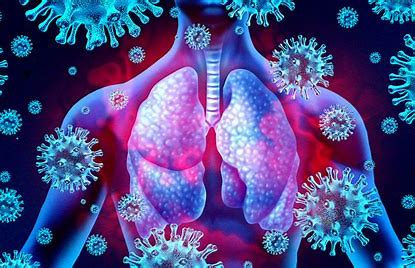
Download App


Asthma is a chronic respiratory condition that affects the airways in the lungs, making them inflamed and narrow. This inflammation leads to episodes of wheezing, shortness of breath, chest tightness, and coughing, particularly at night or early in the morning. The severity of asthma can vary from mild to severe, with symptoms sometimes becoming life-threatening if not properly managed.
Acidity refers to the level of acid present in a substance, particularly in a liquid like water, food, or beverages. In a chemical sense, acidity is determined by the concentration of hydrogen ions (H⁺) in a solution, which is measured on the pH scale. The pH scale ranges from 0 to 14, with a pH of 7 being neutral. Substances with a pH below 7 are considered acidic, while those with a pH above 7 are considered alkaline or basic.
Cholera is an acute diarrheal illness caused by infection with the bacterium Vibrio cholerae. The disease is primarily spread through the ingestion of contaminated water or food, leading to severe dehydration and electrolyte imbalances if not treated promptly. Cholera can be life-threatening, especially in areas with inadequate water and sanitation facilities.
Dengue is a mosquito-borne viral infection caused by the dengue virus (DENV), which belongs to the Flaviviridae family. The disease is transmitted primarily by the Aedes mosquitoes, particularly Aedes aegypti and Aedes albopictus. Dengue is prevalent in tropical and subtropical regions worldwide, with significant public health impacts due to its potential to cause severe illness and outbreaks.
Ebola is a severe, often fatal illness in humans caused by the Ebola virus, part of the Filoviridae family. It was first identified in 1976 near the Ebola River in what is now the Democratic Republic of Congo. The virus spreads through direct contact with the blood, secretions, organs, or other bodily fluids of infected people or animals, as well as surfaces contaminated with these fluids.